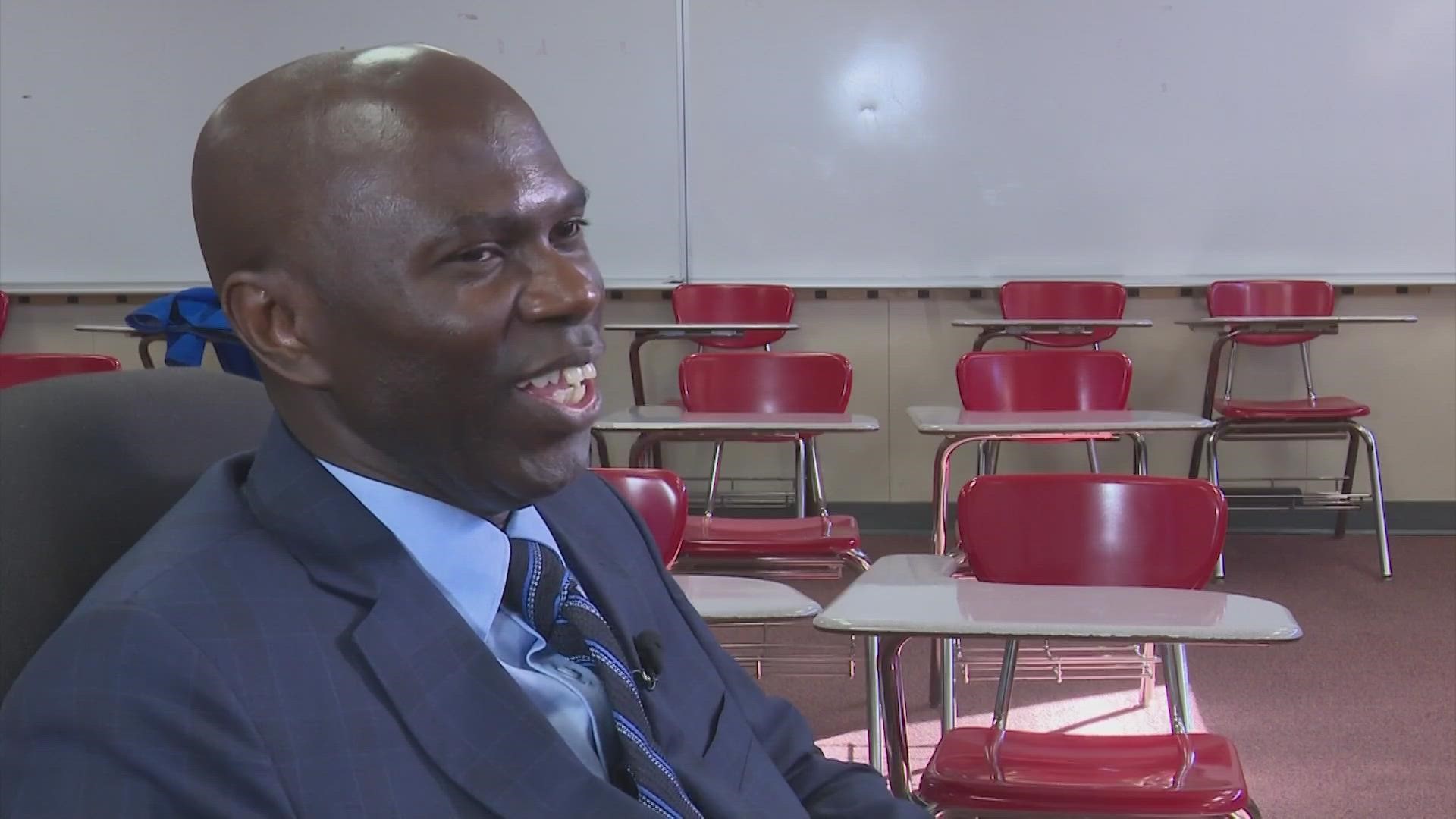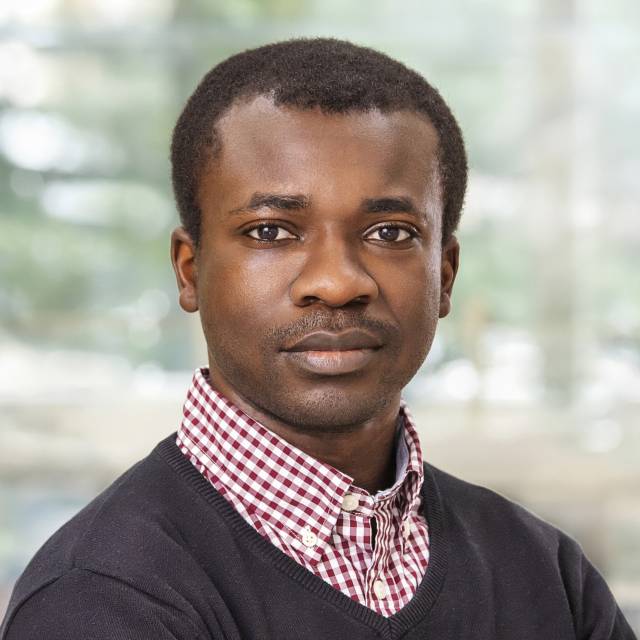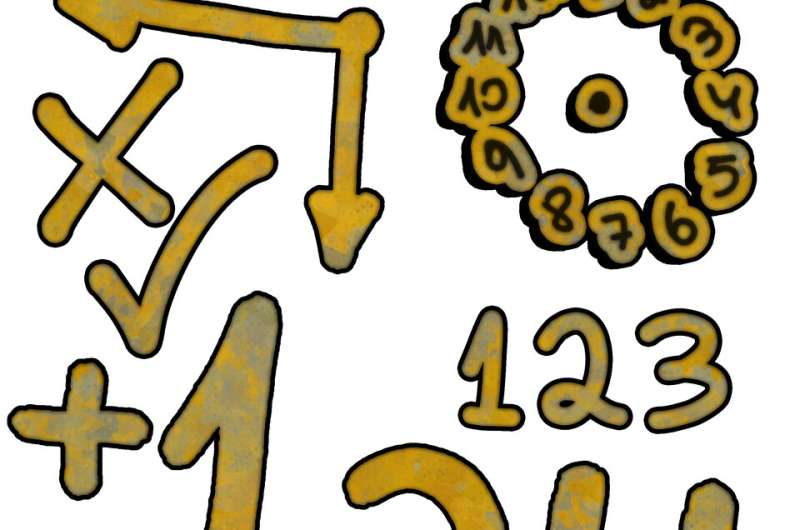
Maths teacher, Joshua Sutcliffe, ran a voluntary lunchtime Bible Club at an Oxford school and is alleged to have breached professional standards in 2017 by failing to use a male pronoun to identify a pupil.
The misgendering took place in a lesson, a subsequent appearance on a TV show and in an email.
The Teaching Regulation Agency (TRA) is also considering claims that the teacher acted inappropriately while expressing views on the “wrongfulness of equal marriage and/or homosexuality".
READ MORE: Oxford teacher Joshua Sutcliffe suspended from The Cherwell School in transgender pupil row
Andrew Cullen, representing the TRA, told the hearing on Monday: “The kernel of the TRA’s case is that he engaged in conduct which negatively affected pupils or had the potential to negatively affect pupils.”
Mr Sutcliffe has argued that the proceedings against him represent a “restriction” on his ability to express his faith.
Mr Cullen disputed the argument this case was about censorship and said: “The TRA’s case, is not about speech censorship.
“The teacher failed to separate the preacher from the teacher in the way that he acted.
“If you find there was one incident for which he apologised there can be no finding of misconduct. The TRA’s case has never been that a teacher should be prosecuted for an accidental slip (regarding a pronoun).”
Mr Sutcliffe appeared on ITV’s This Morning Programme and Mr Cullen said this appearance was motivated by a desire to “profess his opinion on the transgender debate”.
Mr Cullen described this behaviour as “ignorant” and not aware to the effect it could have on the transgender pupil, known as Pupil A.
Mr Sutcliffe’s lawyer, Michael Phillips, quoted George Orwell’s and said that “freedom is the freedom to say that two plus two makes four".
Mr Phillips explained: “At the heart of this case is Mr Sutcliffe’s ability to speak truthfully about life, about who we are.
“The very marker of a democratic society, we would say, is the freedom to speak truthfully even when other people don’t want to hear what you have to say.”
Mr Phillips told the hearing that Mr Sutcliffe always treated pupils with “dignity and respect” and never failed to “safeguard their well-being.”
A sex-based rights campaigner, Maya Forstater, the final witness at the hearing, said the use of pronouns was a “really difficult” issue because they formed a part of regular speech.
She added: “It’s particularly difficult where a school has not worked through all the issues.”
The panel adjourned their judgement ahead of a further hearing scheduled for May 3.
International Research Awards on Mathematics and Optimization Methods.
Website Link:https://maths-conferences.sciencefather.com/
Award Nomination https://x-i.me/XU6E
Award Registration https://x-i.me/0BhN
Instagram: https://www.instagram.com/maths98574/
Tumblr: https://www.tumblr.com/maths2588
Twitter: https://twitter.com/AnisaAn63544725
Linkedin: https://www.linkedin.com/feed/
Pinterest: https://in.pinterest.com/maxconference20022/
#maths #numericals #algebra #analysis #analysis #mathmatics #numericals #number #complex #graphics #graphs









